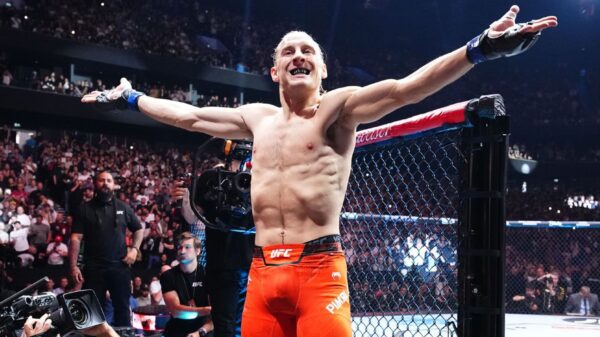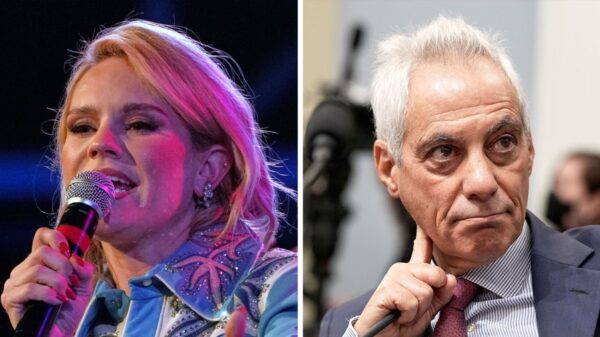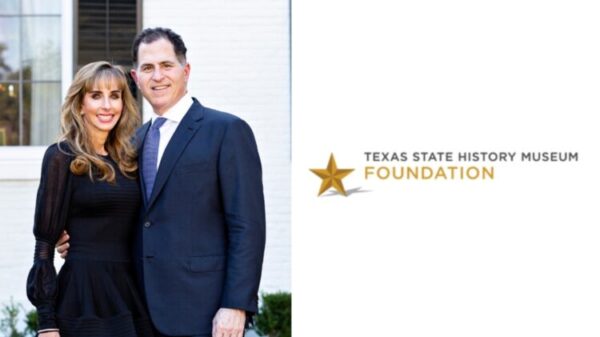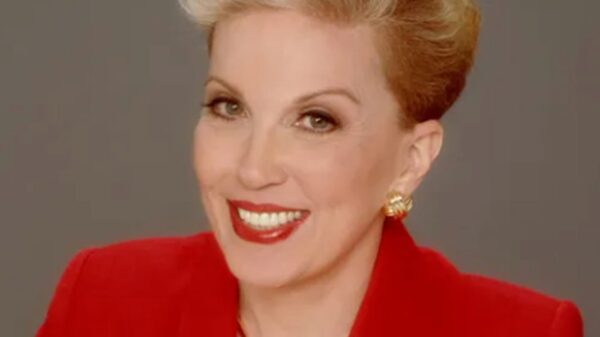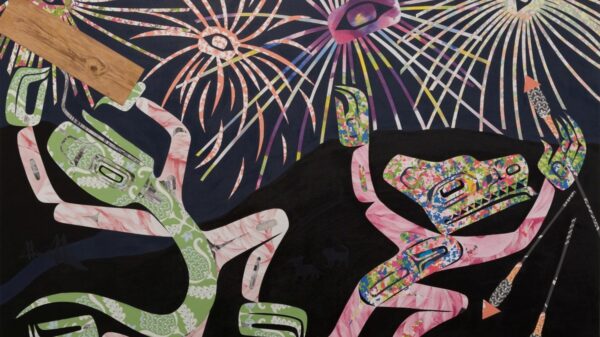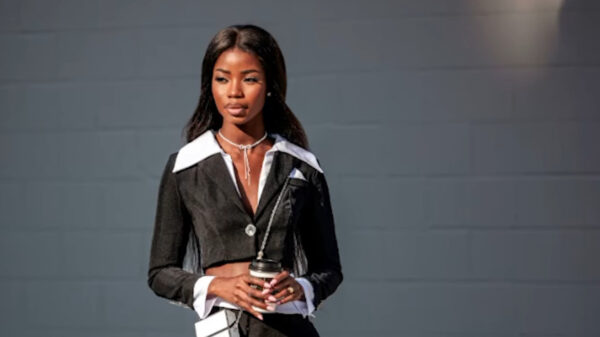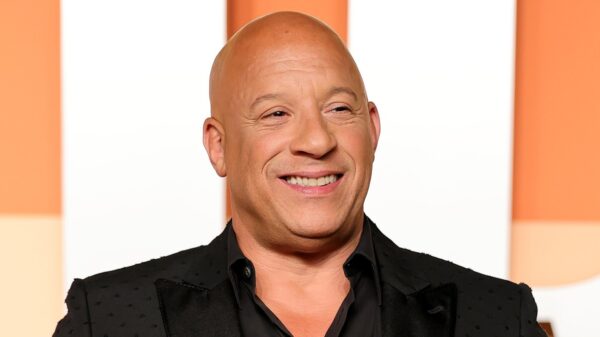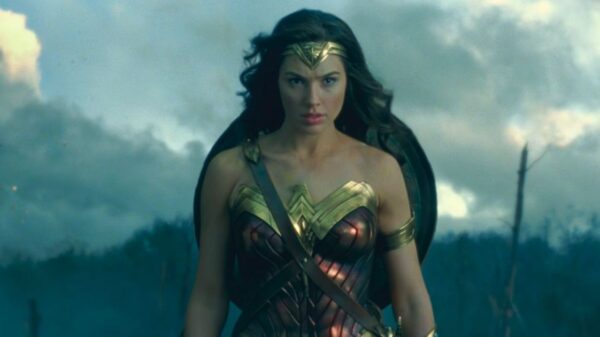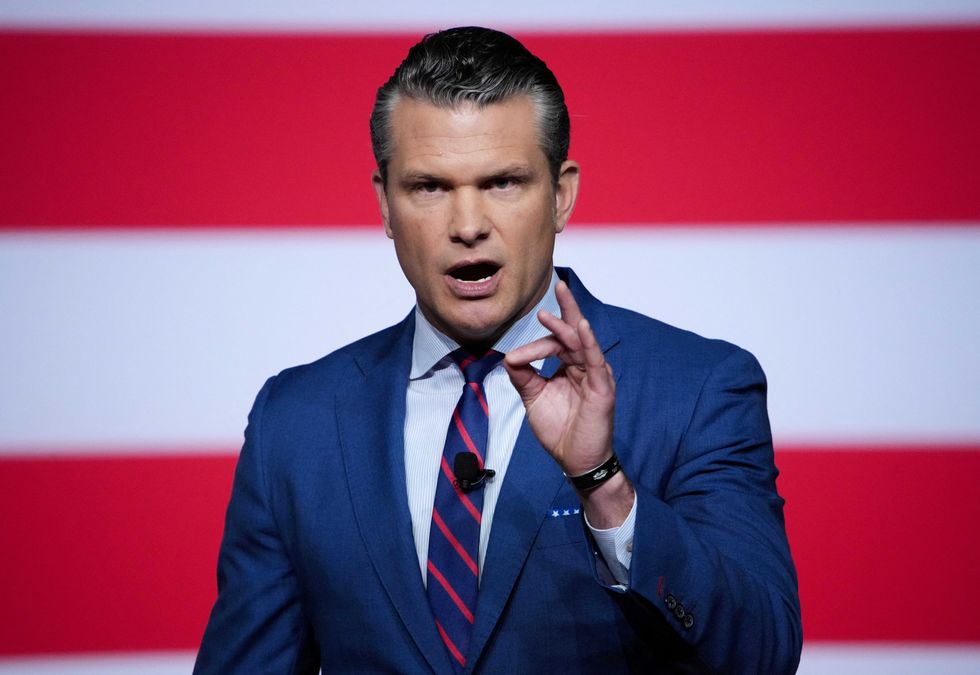On September 30, 2025, at a military base in Quantico, Virginia, Secretary of Defense Pete Hegseth unveiled a controversial plan to reshape the culture of the U.S. military. Addressing hundreds of generals and admirals, he introduced ten directives aimed at eliminating what he termed “woke garbage” and reinstating a “warrior ethos.” This ethos, which Hegseth describes as a blend of combativeness, toughness, and dominance, has been central to his political identity.
In his 2024 book, *The War on Warriors*, Hegseth argued that the inclusion of women in combat roles had compromised the military’s lethality. His recent address outlined the virtues he believes American soldiers and especially senior officers should embody. He directly criticized the physical fitness of military leaders, stating, “It’s completely unacceptable to see fat generals and admirals in the halls of the Pentagon and leading commands around the country and the world.” In a notable turn, he declared, “No more beardos,” indicating an end to what he viewed as excessive grooming policies.
While Hegseth’s proposals have ignited discussions, they stand in stark contrast to the historical views of the nation’s first military leader, George Washington. As a historian of Washington, I can affirm that the commander of the Continental Army would have largely disagreed with Hegseth’s vision of a military leader.
Washington’s Perspective on Military Leadership
Washington would likely have found the focus on “fat generals” irrelevant. Many capable officers, including his trusted chief of artillery, General Henry Knox, were notably overweight, with Knox weighing around 280 pounds. French officer Marquis de Chastellux described Knox as “very fat, but very active, and of a gay and amiable character.” Washington valued capability and effectiveness over physical appearance.
In contrast to Hegseth’s emphasis on appearance, Washington believed that outward presentation reflected inner discipline. He held a dislike for beards, equating them with slovenliness. Washington insisted that soldiers maintain a neat appearance, stating that a soldier must be “as decent as his circumstances will permit.” For him, neatness was not a trivial concern; it was indicative of self-discipline and the foundation of a soldier’s virtues.
Washington’s commitment to discipline extended beyond mere aesthetics. He perceived that a well-ordered body contributed to a well-ordered mind. He famously wrote, “Indecency is utterly inconsistent with that delicacy of character, which an officer ought under every circumstance to preserve.” Such statements highlight Washington’s belief in a military ethos grounded in moral integrity and self-control.
A Different Kind of Warrior Ethos
Washington’s ideal military leader embodied qualities more akin to a statesman than a conventional warrior. He believed that military power must be exercised with moral constraints and public accountability. Washington viewed the army not as a separate caste but as an instrument of the republic, where civic virtue and self-command were paramount.
The “warrior ethos” celebrated by Hegseth, characterized by loudness and performative bravado, was contrary to Washington’s vision. In March 1778, after Marquis de Lafayette abandoned a challenging winter expedition, Washington praised caution over reckless bravado. He emphasized that true valor lies in prudence, stating, “Every one will applaud your prudence in renouncing a project in which you would vainly have attempted physical impossibilities.”
Ultimately, Washington’s focus was on mental discipline rather than physical attributes. He valued the steadiness of judgment over the cut of a man’s figure, emphasizing that true courage involves maintaining composure and acting thoughtfully. His “warrior ethos” was rooted in decency, temperance, and the ability to act with bravery without succumbing to anger.
In reflecting on Hegseth’s proposals, it becomes evident that Washington’s legacy offers a contrasting vision of military leadership—one that prioritizes moral integrity and self-discipline over physical appearance and bravado. This historical perspective challenges contemporary interpretations of what it means to be a leader in the military, reminding us that the essence of soldiering lies in character, judgment, and service to the greater good.


